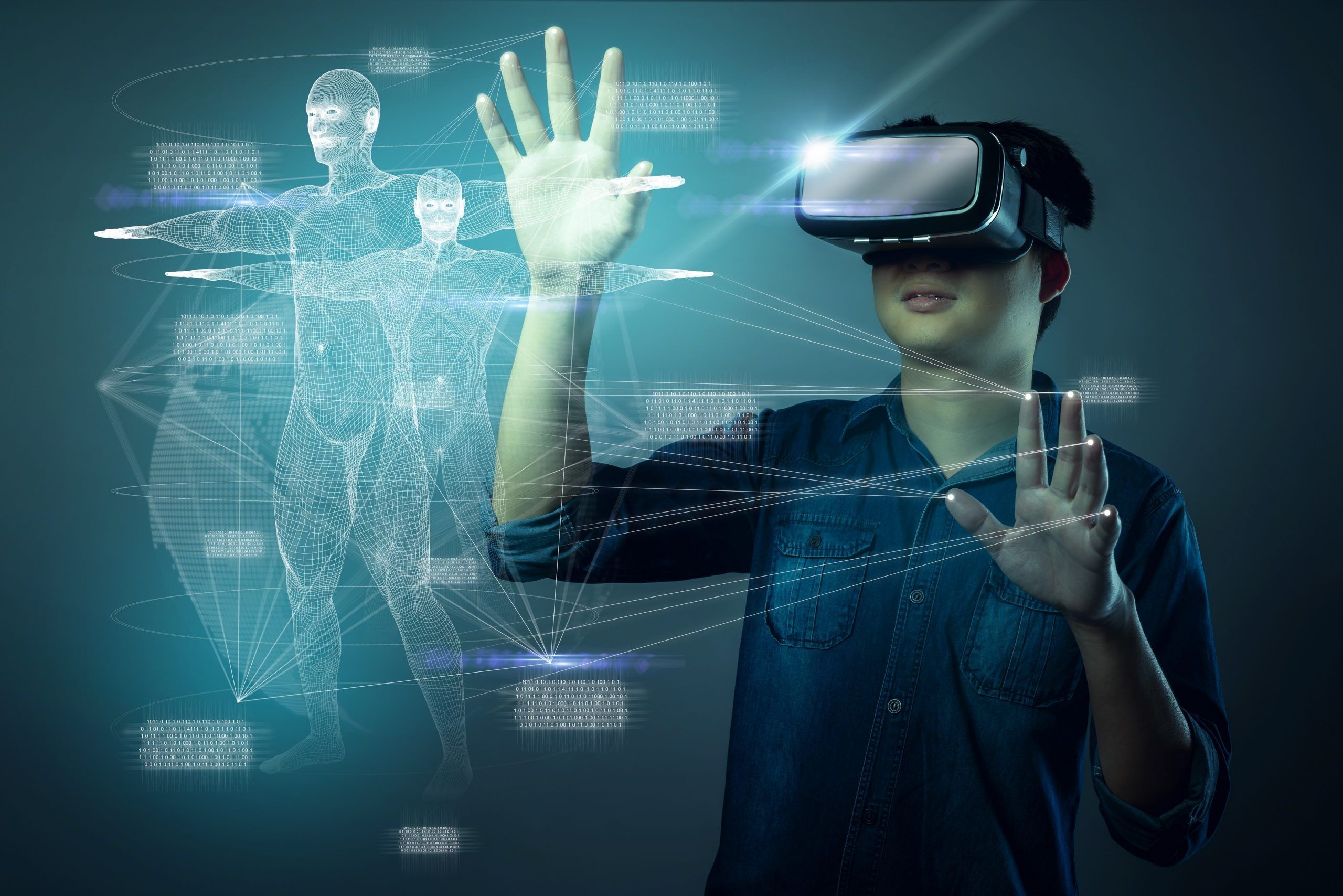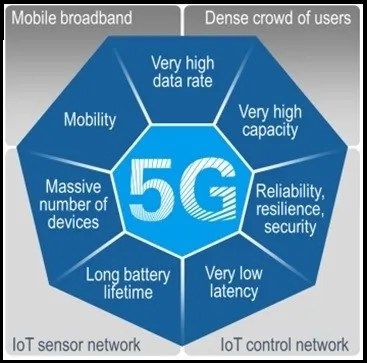
Virtual Reality in Business Training: A Game-Changer
- 0
Over the past few years, virtual reality (VR) has emerged as a disruptive force in various industries. One particular area where it has shown immense potential is in business training. The ability of VR technology to create realistic and immersive environments has opened up new possibilities for employee development and skill enhancement. In this article, we will explore how VR is revolutionizing the way companies train their employees, resulting in improved learning outcomes and increased efficiency.
The Rise of Virtual Reality in Training
Traditionally, employee training programs have been conducted through classroom-based sessions, e-learning modules, or on-the-job training. While these methods have their own merits, they often fall short when it comes to experiential and immersive learning. This is where VR steps in as a game-changer.
One of the key advantages of VR in training is its ability to provide a safe and controlled learning environment. For instance, in industries such as aviation, healthcare, or manufacturing, employees can practice complex tasks and scenarios without any real-world risks. They can learn from their mistakes, honing their skills and building confidence in a simulated environment.
Benefits of Virtual Reality in Training
The integration of VR technology into business training comes with a wide range of benefits:
1. Enhanced Engagement and Retention
VR training provides a highly engaging and interactive experience for employees. By immersing trainees in a realistic 3D environment, it captures their attention and keeps them actively involved. This increased engagement translates into better knowledge retention and improved application of learned skills in real-world scenarios.
2. Cost-Effective and Efficient
While traditional training methods often involve expensive equipment, physical props, or hiring external trainers, VR training can significantly reduce these costs. By utilizing VR headsets and hand controllers, companies can provide a consistent and scalable training experience to employees across locations. Moreover, it reduces the time required for training, as employees can learn at their own pace and repeat modules as needed.
3. Customizable and Adaptive Learning
VR training offers flexibility and adaptability in tailoring training modules to specific job roles or individual employee needs. Training programs can be customized to simulate real-life situations, allowing employees to practice skills they will encounter in their day-to-day work. Additionally, VR technology can collect and analyze data on trainee performance, enabling organizations to identify areas of improvement and optimize training content.
4. Remote Training Opportunities
In today’s globalized world, many organizations have employees spread across different geographies. VR training provides a solution to overcome the challenges of distance and time zone differences. With the use of VR headsets, employees can participate in synchronous or asynchronous training sessions, regardless of their physical location. This enables consistent and standardized training across the organization.
Real-World Applications of VR in Business Training
Virtual reality has been successfully implemented in various industries to enhance employee training:
1. Healthcare
In the healthcare sector, VR training is used to simulate surgical procedures, emergency situations, and patient interactions. Surgeons can practice complex surgeries and refine their techniques without the risk of harming patients. It also allows healthcare professionals to experience rare cases or scenarios that they may not encounter frequently.
2. Manufacturing
VR is transforming the way manufacturing companies train their employees, especially in areas like equipment maintenance, assembly line operations, and safety procedures. Workers can practice handling complex machinery, identify potential hazards, and understand the correct protocols to follow in a risk-free environment.
3. Customer Service
Companies often invest heavily in customer service training to ensure their representatives deliver exceptional experiences. VR enables employees to participate in realistic simulations of challenging customer interactions, allowing them to develop better communication and problem-solving skills. This leads to improved customer satisfaction and loyalty.
The Future of VR in Business Training
The future of VR in business training looks promising as technology continues to improve and become more affordable. Advancements in haptic feedback, eye-tracking, and motion sensing will further enhance the realism and effectiveness of VR training experiences. Additionally, the integration of artificial intelligence and machine learning can enable VR training programs to adapt to individual learning styles and provide personalized feedback.
As VR becomes more accessible and widely adopted, it will revolutionize the way companies train their employees. It has the potential to bridge the gap between theoretical knowledge and practical application, resulting in a more skilled and efficient workforce. Embracing virtual reality in business training is not just a trend; it is a game-changer that will shape the future of learning and development.
Investing in VR training today will empower businesses to stay ahead of the competition and equip their employees with the necessary skills to thrive in the evolving digital landscape.
